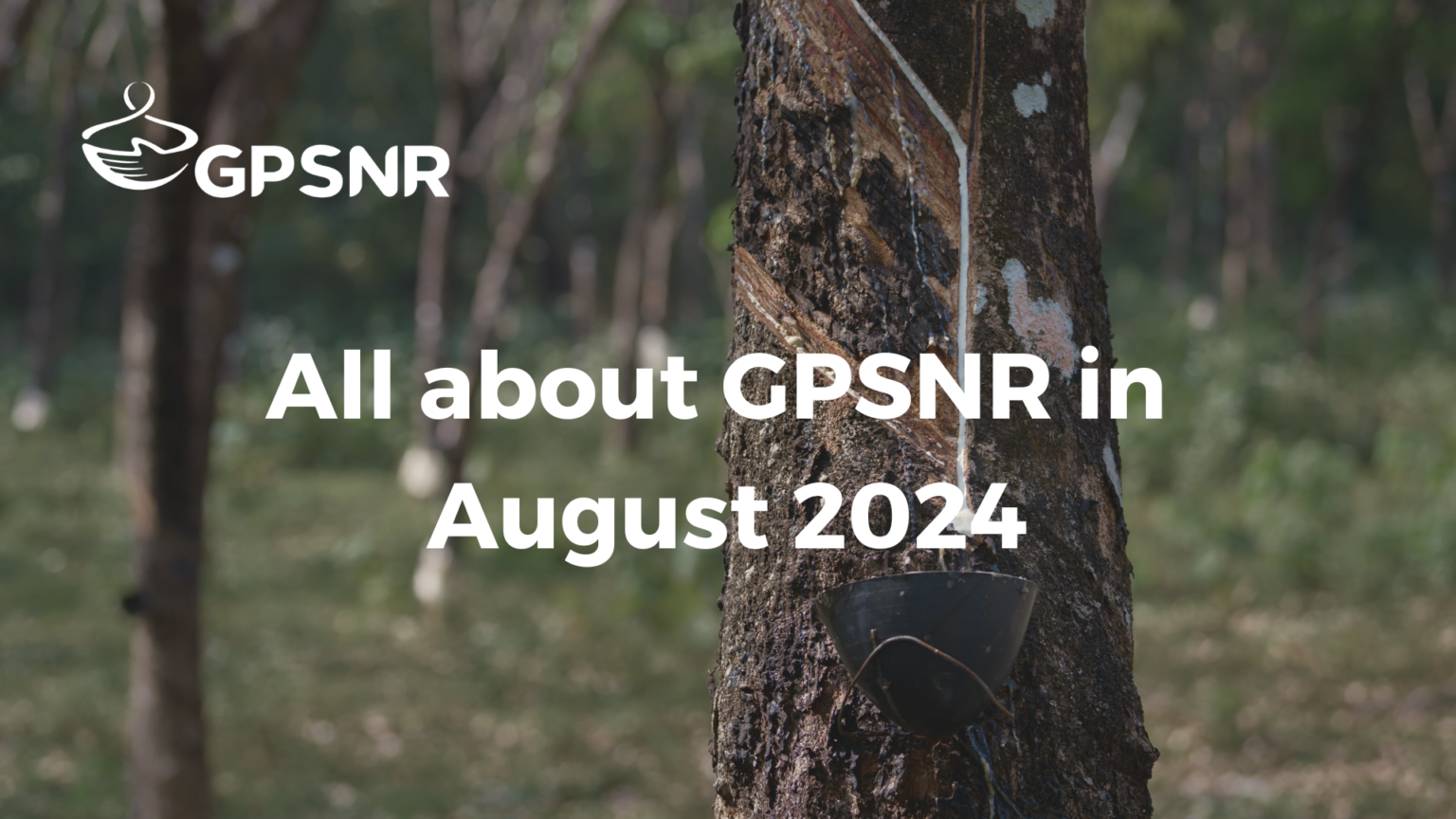Strategy and Objectives Working Group: Hubert has completed his updates to the Assurance Model documents, which are now being consulted with the membership through the Assurance Model Task Force. Members should provide written feedback through the feedback form, and those who wish to be more actively involved in finalising these documents are encouraged to write to the Secretariat to join the Task Force. Additionally, a webinar will be conducted to share these updates and initiate further feedback from the membership. To register for the webinar, click here.
Smallholders Representation and Capacity Building (SCB) Working Group: The following projects have been endorsed by SCB WG members: the Indonesia GAP Coaching (Phase 1) by Koltiva, and the Income Diversification and Rubber Agroforestry Project by Dr. Eric (CIRAD) and Dr. Maria. Continued oversight of ongoing projects, including the Indonesia GAP Coaching Project (Phase 2), is being maintained. Koltiva has submitted a mid-term report, with SCB WG members requested to review and provide feedback by 26 August 2024.
Goodyear has expressed interest in extending the Indonesia GAP Coaching Project into Phase 3, with Koltiva’s proposal currently under review by the funder and the Secretariat planning to circulate it to SCB WG members for review once finalised. The Knowledge Sharing Platform is on track, with Koltiva scheduled to deliver the outcomes by 20 August 2024 and a presentation to the SCB WG on 22 August 2024. The Thailand Agroforestry Project is proceeding smoothly, with the contract for an additional project to develop a local marketing system being finalised with RAFS. Additionally, the resolution on the Shared Investment Mechanism (SIM) was approved during the EGA in July 2024, and the Secretariat is facilitating the creation of a Project Management Sub-group within the SCB WG, which will be responsible for reviewing and monitoring projects under the SIM. The Terms of Reference (TORs) for this sub-group have been drafted and are pending approval from the GPSNR Executive Committee.
Shared Responsibility Working Group: The Shared Investment Mechanism has been approved by the General Assembly following the July Extraordinary General Assembly vote. The Secretariat will work on establishing the Shared Investment Mechanism and operationalising all aspects of the Shared Investment Framework. Additionally, the Secretariat will continue to develop the value transfer initiative through discussions with members.





